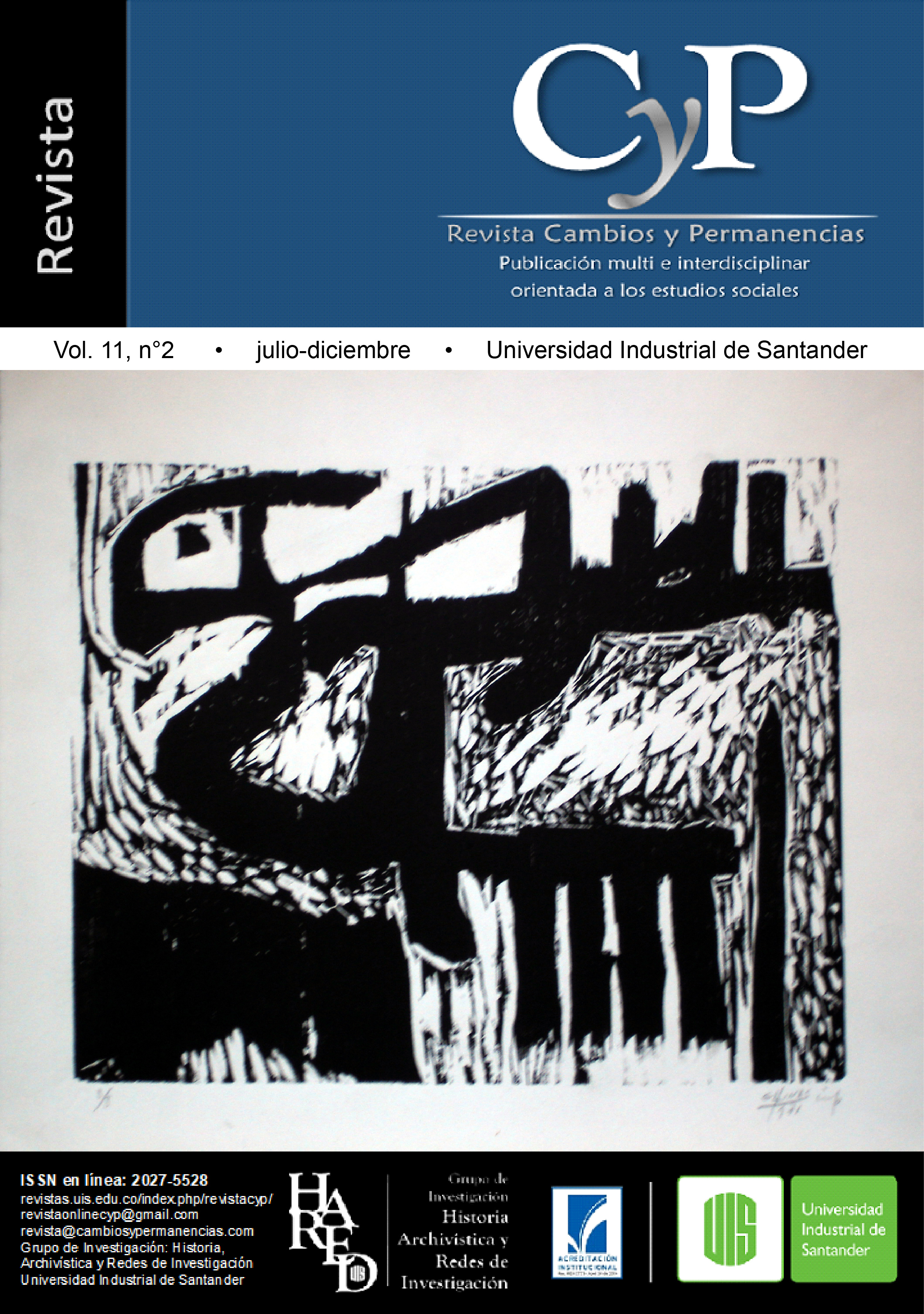Reassignment of place: resettlers from the Córrego do Prata, Brazil, Tocantins
Published 2020-12-16
Keywords
- Oral history,
- Resettled,
- Tocantins,
- Brazil
How to Cite
Abstract
The research analyzes the claim of rights by the population affected by the Córrego Prata resettlement in view of the compulsory relocation imposed by the Luís Eduardo Magalhães Hydroelectric Plant (UHE Lajeado -TO). The resettlement is located 44 km from the municipality of Porto Nacional and 22 km from Palmas, capital of Tocantins, on the banks of TO-050, it was formed with 91 resettled families and 82 swapped. As a method, non-participant observation and interviews were applied. By methodological option, the interviews were carried out in the context of oral history. Without knowing what their rights were, the resettled relied on the interventions and intermediation of subjects such as the Movement of People Affected by Dams, the State Prosecutor's Office and the Associação Reassentamento do Prata, composed of those affected. In order to achieve the objectives, personal experiences, shared in interviews with forty-six remaining families, were taken into account, since most of them abandoned the resettlement, selling their properties because they had not adapted and endured the difficulties of this new place. It is concluded that the resettlers have developed a new mentality with regard to knowing and fighting for their rights.
Downloads
References
Alberti, V. (2005). Ouvir Contar: textos em história oral. Rio de Janeiro, Brasil: Editora FGV.
Diniz, M. (1997). Curso de Direito Civil Brasileiro: Responsabilidade Civil. São Paulo, Brasil: Saraiva.
Fiuza, C. (2006). Direito Civil: curso completo. Belo Horizonte, Brasil: Del Rey.
Marques, M. S. (2005). A identidade água abaixo – os reassentados da Usina Hidrelétrica Dona Francisca – RS (Dissertação de Mestrado). Universidade Federal de Santa Maria, Santa Maria, Brasil.
Parente, T. (2007). Gênero e memória de mulheres desterritorializadas. Revista de História, Cultura e Arte, 9(14).
Parente, T., y Magalhães, H. G. (2008). Linguagens plurais: cultura e meio ambiente. Bauru, SP, Brasil: EDUSC.
Parente, T., y Magalhães, H. G. (2011). Territorialização e papéis de gênero: o caso do Reassentamento Córrego Prata. In R. Santos, y V. R. Borges (Orgs.) Imaginário e Representações: entre fios, meados e alinhavos. Uberlândia – MG, Brasil: Asppectus.
Salgado, J. (2007). A idéia de justiça no mundo contemporâneo. Belo Horizonte, Brasil: Del Rey.
Salgado, J. (1996). A idéia de justiça em Hegel. São Paulo, Brasil: Edições Loyola.
Relação dos reassentados entrevistados no estudo
Amorin, E. C. (2011). Entrevistado por F. Santana. Brasil: Palmas, TO.
Amorin, J. M. (2011). Entrevistado por F. Santana. Brasil: Palmas, TO.
Cruz, M. S. M. (2011). Entrevistado por F. Santana. Brasil: Palmas, TO.
Evangelista, J. B. (2011). Entrevistado por F. Santana. Brasil: Palmas, TO.
Lima, G. B. (2011). Entrevistado por F. Santana. Brasil: Palmas, TO.
Medanha, B. A. (2011). Entrevistado por F. Santana. Brasil: Palmas, TO.
Rocha, C. (2011). Entrevistado por F. Santana. Brasil: Palmas, TO.
Silva Jr, J.M. (2011). Entrevistado por F. Santana. Brasil: Palmas, TO.
Silva, J. M. (2011). Entrevistado por F. Santana. Brasil: Palmas, TO.
Silva, J. R. R. (2011). Entrevistado por F. Santana. Brasil: Palmas, TO.
Silva, R. N. (2011). Entrevistado por F. Santana. Brasil: Palmas, TO.

